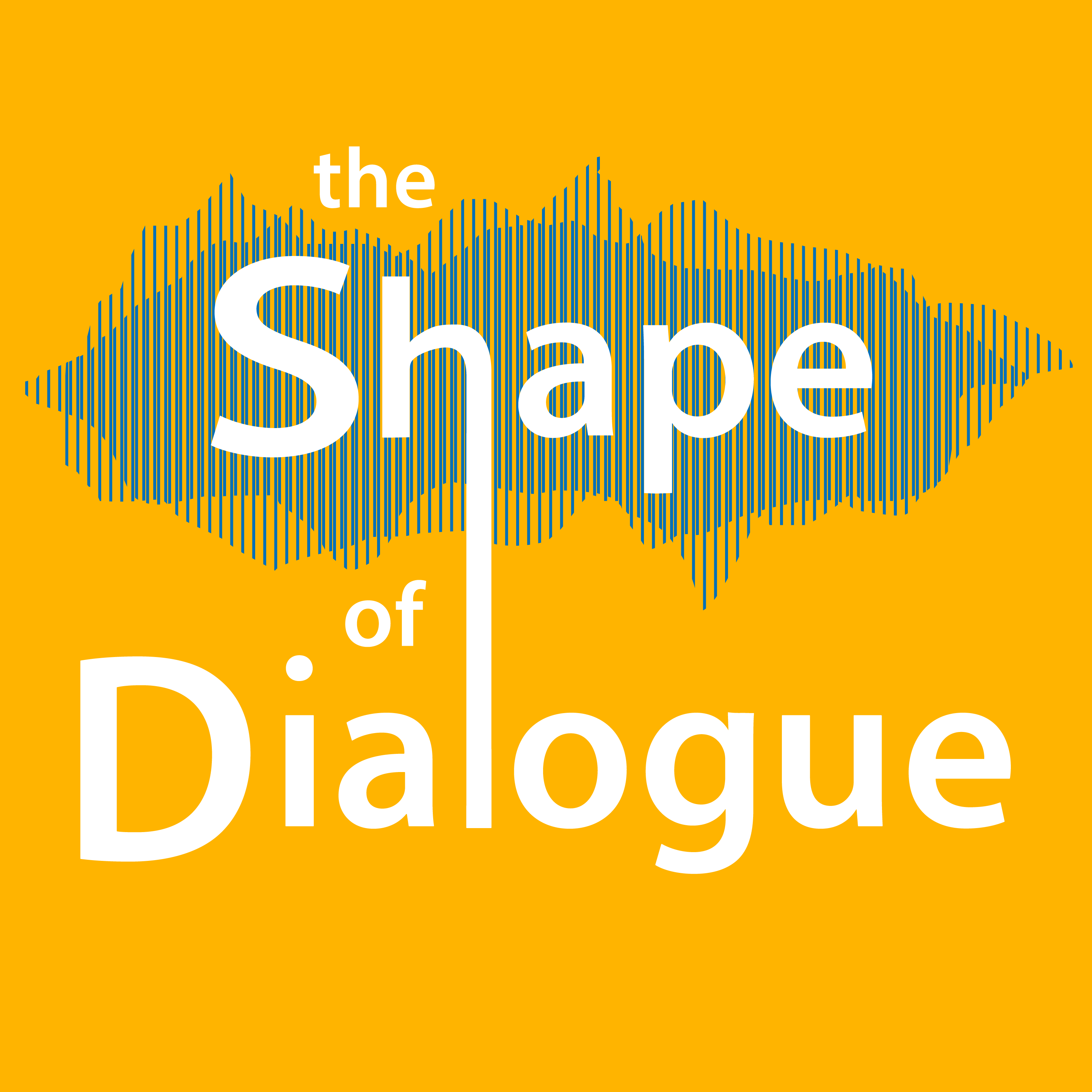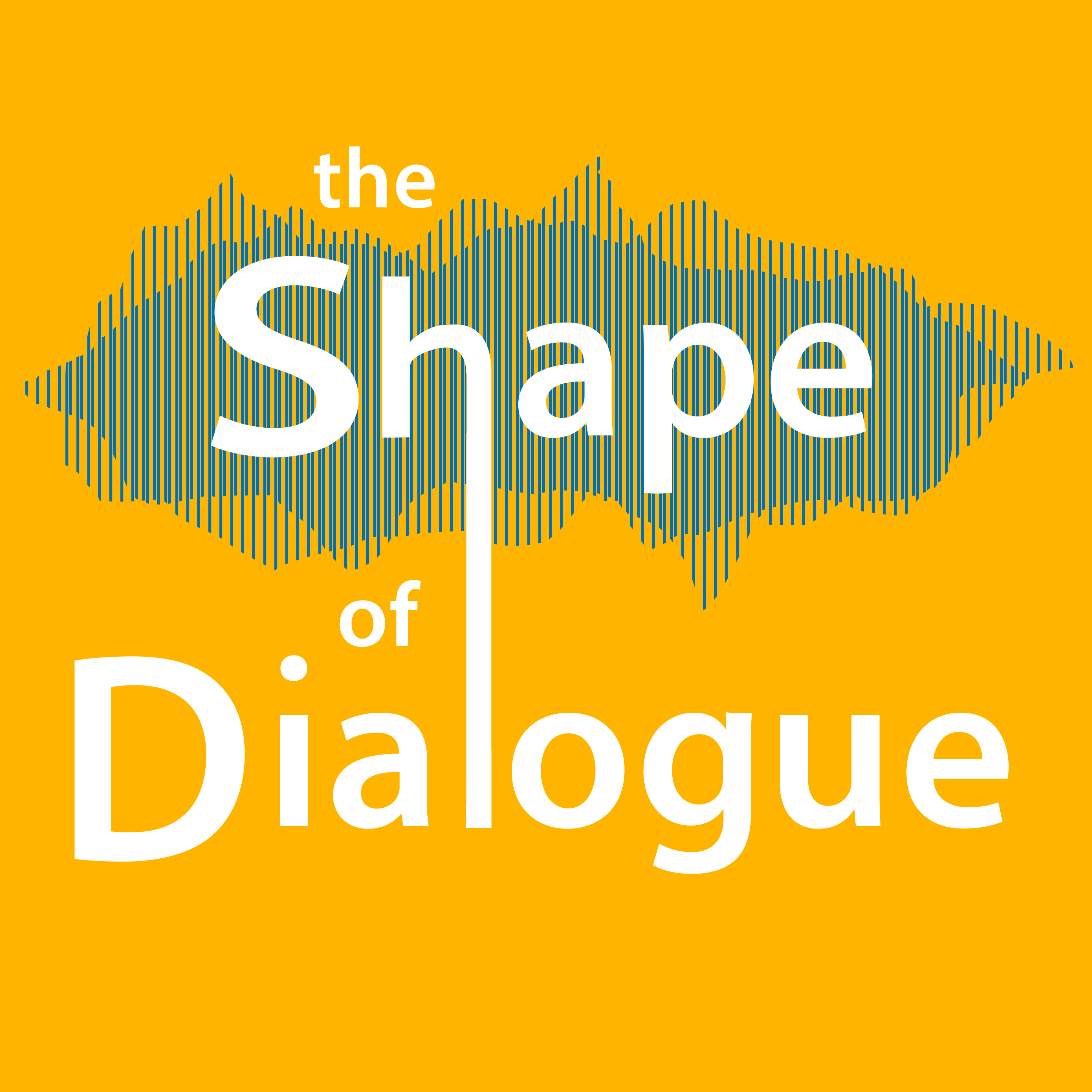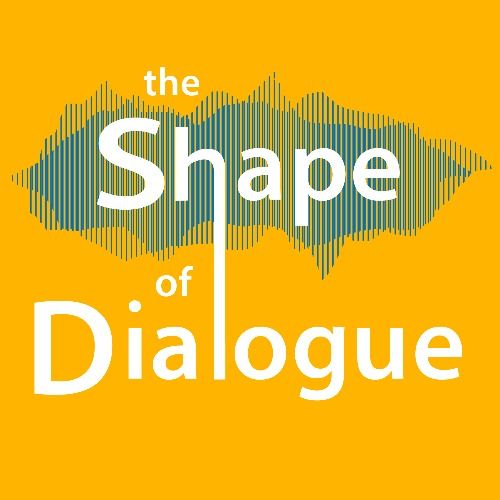Episode 13
Mātauranga Māori & the Science Curriculum with Paul Kilmartin The Shape of Dialogue # 12
Professor Paul Kilmartin - https://unidirectory.auckland.ac.nz/profile/p-kilmartin
In July 2021, seven University of Auckland professors published a letter to the editor in the New Zealand Listener, titled "In Defence of Science".
The professors' were responding to a Government education report (see link below), recommending parity for Mātauranga Māori in the secondary school curriculum, and in particular, in the science classroom.
The report states:
”Our goal is to ensure parity for mātauranga Māori with the other bodies of knowledge credentialed by NCEA (particularly Western/Pākehā epistemologies)."
The report also states:
"Philosophy and History of Science is a unique strand in Pūtaiao [Māori word for Science], with no equivalent in the New Zealand Curriculum. It promotes discussion and analysis of the ways in which science has been used to support the dominance of Eurocentric views (among which, its use as a rationale for colonisation of Māori and the suppression of Māori knowledge); and the notion that science is a Western European invention and itself evidence of European dominance over Māori and other indigenous peoples. Pūtaiao allows opportunities to incorporate Māori perspectives and knowledge about the natural world into the classroom. In this regard, it decentres Western epistemologies and methodologies."
The professors' letter arose from their concern for "the disturbing misunderstandings of science emerging at all levels of education and in science funding", which they state is encourages a mistrust of science. Their concern is in the context of the decline in maths and science achievements in New Zealand schools, particularly by Māori and Pacific Island students.
Their letter stated that:
"Indigenous knowledge is critical for the preservation and perpetuation of culture and local practices, and plays key roles in management and policy. However, in the discovery of empirical, universal truths, it falls far short of what we can define as science itself. To accept it as the equivalent of science is to patronise and fail indigenous populations; better to ensure that everyone participates in the world's scientific enterprises. Indigenous knowledge may indeed help advance scientific knowledge in some ways, but it is not science".
The reaction to the "In Defence of Science" by the University of Auckland, the Royal Society of New Zealand Te Apārangi, the Tertiary Education Union, and the New Zealand Association of Scientists was not positive and can be viewed in the following articles…
NZ Herald - Scientists rubbish Auckland University professors' letter claiming Māori knowledge is not science
RNZ - University academics' claim mātauranga Māori 'not science' sparks controversy
Research Professional News - Public letter from academics sparks Māori science row
An open letter in response to the professors' letter by professors Hendy and Wiles, "An open response to In defence of science" was co-signed by 2000 people.
Sadly, professor Corballis is no longer with us. He was diagnosed with lymphoma in October. The same month the Royal Society announced a breach of conduct inquisition into professor Corballis and two of his co-authors, professors Nola and Cooper, all fellows of the august institution. The Society launched the inquisition having publicly criticised the professors for their letter. Furthermore, the Society initially included two inquisition panellists who had previously signed the Hendy/Wiles open letter against the professors, and all five complainants who sparked the inquisition were anonymous. The Royal Society's stated role is to "advance and promote research and scholarly activity, the pursuit of knowledge". However, the Society was blind to their lack of impartiality and due process and to the irony of prosecuting some of New Zealand's most preeminent scholars for academic expression well within the limits of their professional, legal and ethical obligations. The inquisition was eventually abandoned.
Commendably, in May 2022, the Royal Society of New Zealand issued a mea culpa statement - https://www.royalsociety.org.nz/news/he-panui-statement/
Links…
The Government education report
“In Defence of Science” - Letter to the editor published in the New Zealand Listener, July 2021
“More In Defence of Science” - Supplementary Note to In Defence of Science letter to the editor published in the New Zealand Listener, July 2021
Briefing document - professors Corballis, Nola and Cooper and the Royal Society of New Zealand.
https://medium.com/@shapeofdialogue
Music: Kyrie from Bach B Minor Mass conducted by Sir John Eliot Gardiner
Buy it here: https://music.apple.com/gb/album/mass-in-b-minor-bwv-232-cum-sancto-spiritu/1053521016


